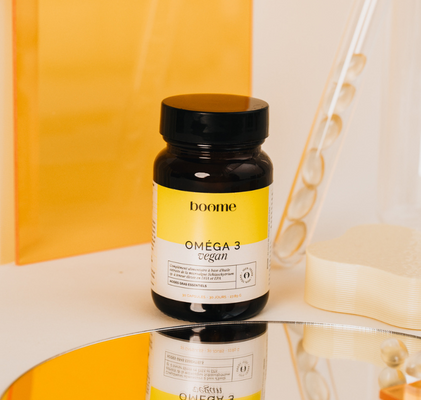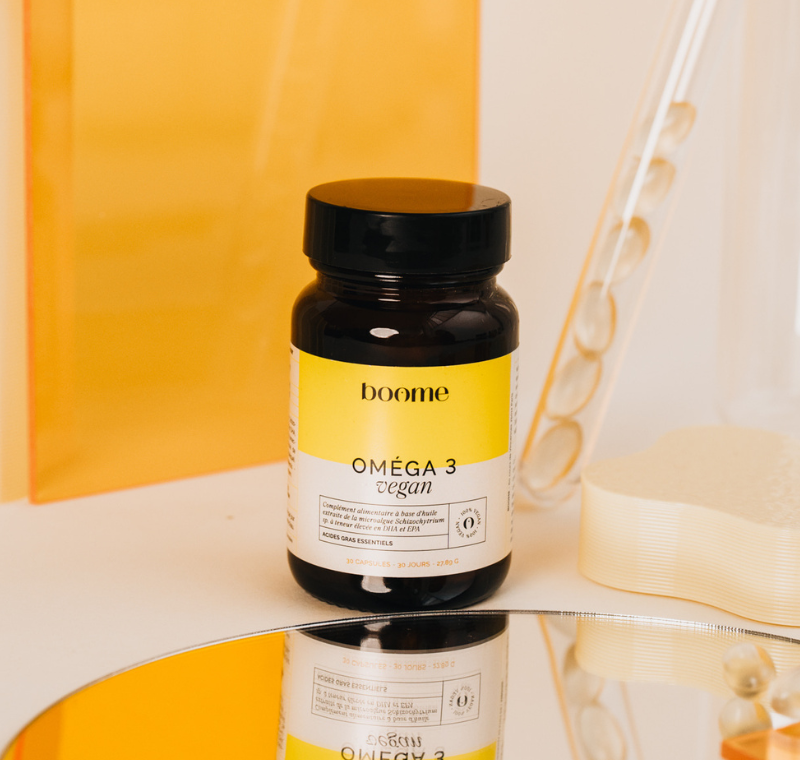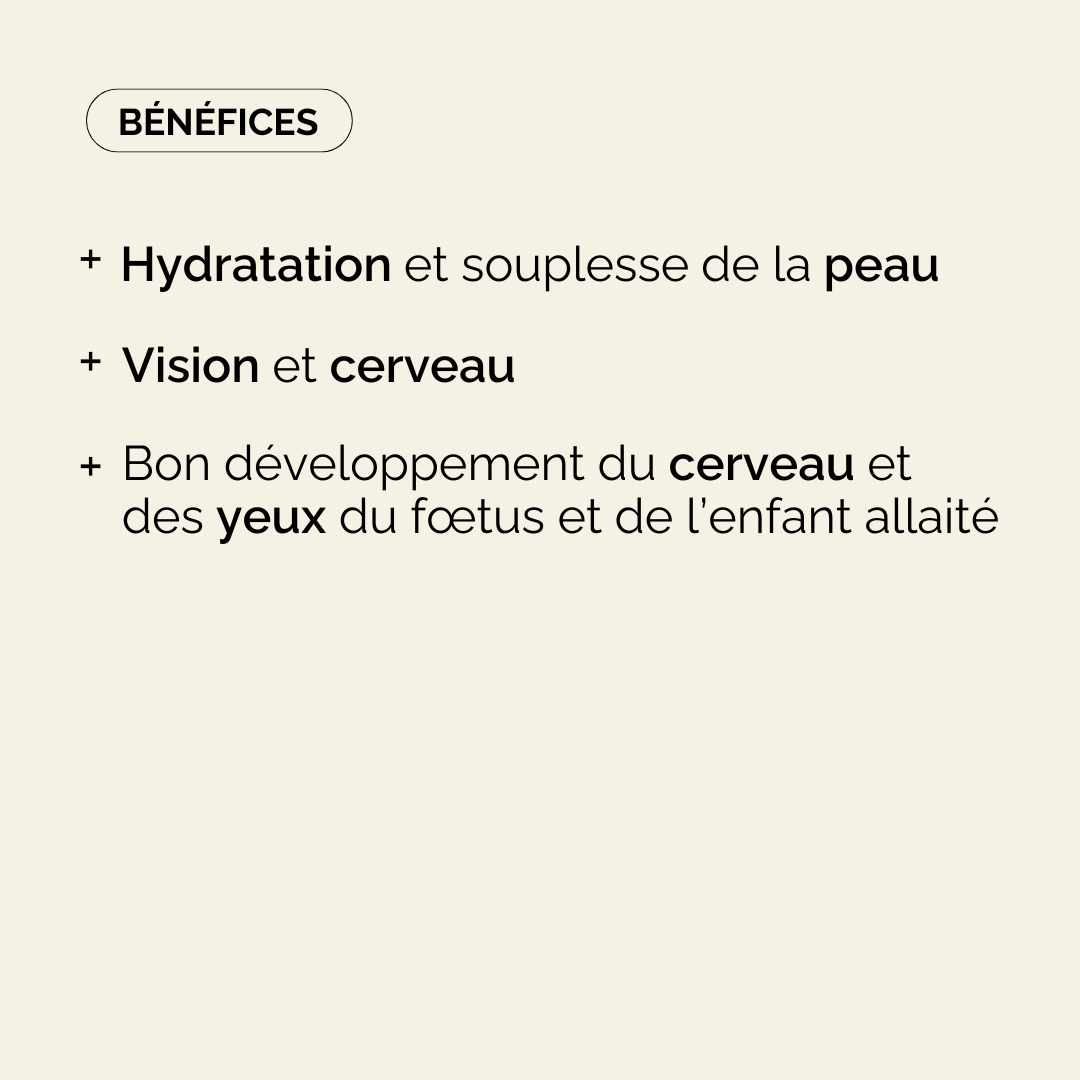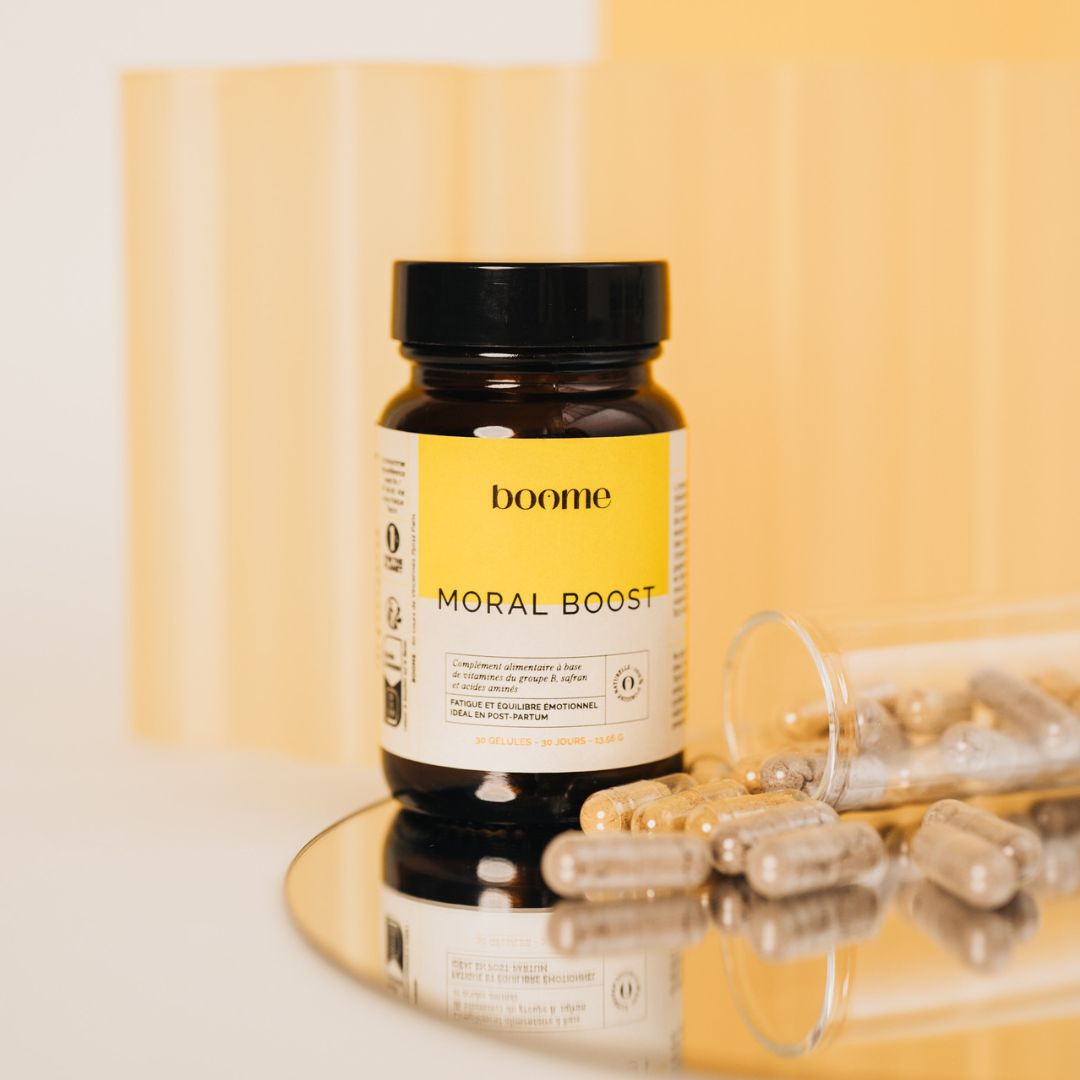
Meeting your specific nutritional needs while breastfeeding helps prevent deficiencies and contributes to your well-being. Maintaining lactation over time requires eating properly every day to conserve energy. If the mother is tired, breastfeeding can become more complicated. It is said that a breastfeeding mother needs an additional energy intake of between 70 and 380 kcal per day for lactation. However, this is not a strict rule, as needs vary depending on weight gained during pregnancy, physical activity, possible deficiencies, and the mother's age.
So here are 8 key points to take care of yourself and your baby while breastfeeding.
1 – Eat a varied and balanced diet
Good news, aside from caffeine and alcohol consumption, there are no specific foods to avoid while breastfeeding. The only rule is to enjoy a varied, balanced, natural, and quality diet, that is, rich in micronutrients to be able to breastfeed in the long term in good health and shape. Breast milk provides the proteins, lipids, vitamins, and minerals that your baby needs to grow well. It is recommended to eat plenty of fruits and vegetables, whole grains (complex carbohydrates), lean proteins found in chicken, eggs, legumes, lentils, fish, and lean beef. And then it is also advisable to vary your diet so that your baby gets used to different flavors. Obviously, certain foods should be avoided, such as sugar and industrial products. Choose "homemade," fresh, local, and organic products. And if you follow a vegetarian diet, it will be necessary to supplement with iron. Even consider taking a vitamin B12 and vitamin D supplement.
Psst! Looking for the perfect postpartum boost? Check out our postpartum products !
2 – Consume polyunsaturated fatty acids
The benefits of Omega 3 for the body are well-established! These fatty acids deserve special attention because they directly affect the proper development of a newborn's brain. Breast milk is the only food that provides the various types of these polyunsaturated fatty acids. In addition, they prevent both sleep disorders and postpartum depression in the mother.
They are found in small oily fish: herring, sardines, mackerel, anchovies, etc. at least three times a week. Favor olive, rapeseed, hemp, and camelina oils, as well as all nuts and seeds.

Achat express
3 – Take vitamin D supplements
Vitamin D is essential for bone health, both for you and your baby. It plays an important role in the immune system, bone growth and strength, and muscle tone.
If you live in an area with little sun exposure, you may not be getting enough vitamin D. It is therefore recommended that you supplement with vitamin D. In terms of food, it is mainly found in oily fish and eggs.
4 - Essential micronutrients during breastfeeding
Calcium is just as essential as it is during pregnancy because it allows the skeleton to continue forming and participates in cell and tissue renewal. The calcium content of breast milk is high in the first few months and then gradually decreases. It is recommended to consume around 1,300 mg each day. Seafood, certain vegetables, and nuts also provide a significant calcium intake. You can consume four servings of dairy products per day: milk, yogurt, and cheese.
Iron is also an essential mineral for breastfeeding, especially since mothers are often iron deficient after giving birth, or even anemic. You will likely need to supplement with iron. Iron-rich foods can be animal-based, such as red meat, or suitable for a vegan diet, such as lentils. Also consider eating a diet rich in vitamin C, as it helps bind iron.
5 – The importance of natural galactogenic foods to increase lactation
A temporary decrease in lactation may occur depending on the period. But nature being well made, it has provided foods and plants called galactagogue, which help boost milk production. Here are some examples: almonds, sesame, coconut, sunflower and pumpkin seeds, anise, fennel, cumin, ginger, oats, millet, brown rice, barley, brewer's yeast, fenugreek...
Want to learn more about the impact of menstrual bleeding on breastfeeding? Our article, Menstrual Bleeding and Breastfeeding, is for you.
6 - Foods to avoid while breastfeeding
Caution: even if they are (very) few in number... Certain foods should be limited, or even banned, during the breastfeeding period! Avoid, for example, consuming too much theine or caffeine per day. These can reach the baby through your breast milk, and cause hyperexcitability. Because its elimination is much slower in newborns than in adults. You can therefore consider that 3 cups per day should be the maximum not to be exceeded. Without forgetting that caffeine is not only found in coffee, but also in certain carbonated drinks, such as soda. Instead, favor herbal tea or decaf.
For the same reasons, all energy drinks should be banned from your diet. Finally, and of course: avoid alcohol consumption during the entire breastfeeding period. Firstly, because alcohol also passes into your milk. Secondly, because it reduces your milk production by interfering with your let-down reflex.
7 – Drink plenty of water and hydrate regularly
Breast milk contains no less than 90% water! That's why drinking is essential to ensure good milk production. And breastfeeding can make you thirsty. 8 to 10 glasses of fluid in total per day are recommended. As a change from water, you can alternate with herbal teas, fresh vegetable juices (preferably organic), and smoothies without added sugar. And then, remember to drink a glass of water or milk each time you breastfeed your baby.
8 – Breastfeeding requires a healthy lifestyle and good sleep.
It's not a good idea to diet while breastfeeding. However, it's important to maintain a healthy lifestyle to avoid fatigue, exercise, and get plenty of sleep. Focus on gentle sports like walking, swimming, and cycling to avoid exhaustion.
Some contacts
Breastfeeding isn't always a bed of roses, so if you have any questions, concerns, or challenges, we encourage you to contact La Leche League . Or, of course, ask your favorite healthcare provider any questions you may have!
At Boome, we aim to offer you pregnancy vitamins that respect your body and your needs, with products specially designed with naturally sourced ingredients. Our dietary supplements will support you through the various stages, from your desire to conceive to your complete postpartum recovery. Our postpartum products are compatible with breastfeeding.









